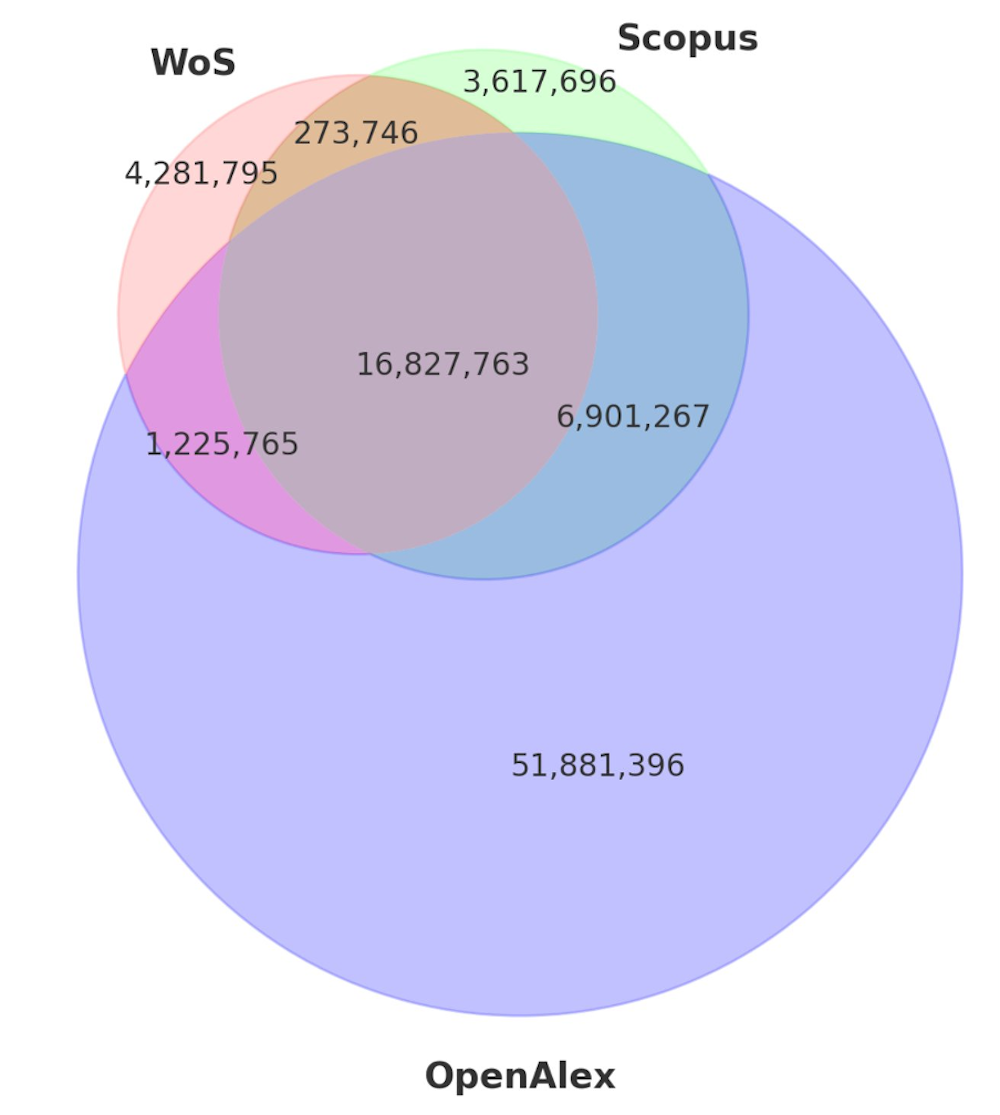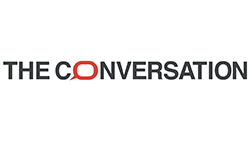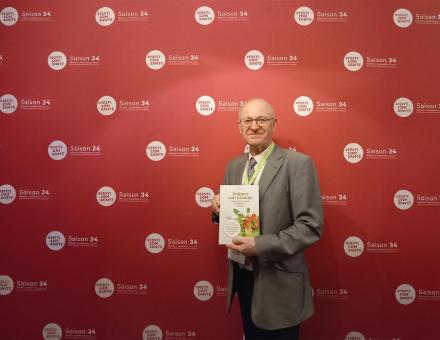The Barcelona Declaration marks a turning point in the way scientific research information is produced, shared and used. It has been signed by twelve French institutions.
Crises such as pandemics and climate change, as well as technological advances such as automation and Big Data, pose major challenges for the 21st century. To meet these challenges, it is essential that science is accessible to all. It is crucial that citizens have the same access to information as researchers, and that scientists have access to high-quality, interconnected repositories of knowledge to advance our understanding of the world and democratize knowledge.
To achieve this goal, research evaluation methods need to be reviewed and reformed. At present, evaluation criteria often favor publications in prestigious journals, which can limit the accessibility and impact of research, especially for scientists from less privileged countries. In order to support a more inclusive, equitable and open science, it is necessary to favor evaluation systems that take into account the intrinsic value of research and its real impact on society, regardless of the place or language of publication.
At present, evaluations are often based on inaccessible data and opaque indicators (journal impact factor, number of citations...), which undermines the quality and fairness of decisions concerning researchers' careers and project funding. By adopting evaluation systems that prioritize open access to data and reproducibility of analyses, we can ensure that evaluations are based on complete and transparent evidence. This will help to correct the errors and biases potentially present in proprietary subscription databases (such as Web of Science or Scopus), improve confidence in research results and enhance the overall efficiency of the scientific research system.
More openness in the conduct of research
The nearly 100 signatories of the Barcelona Declaration on Open Information for Research Data, including twelve French academic and research institutions, are committed to transforming the way research information is produced and used, by advocating a new standard of openness in the conduct and communication of research.
At present, many strategic decisions in the research field are based on non-publicly accessible information (citation counts), often locked away in proprietary infrastructures. Web of Science and Scopus are two essential components of today's research ecosystem, providing the basis for global academic rankings and bibliometric research. However, both platforms are said to be structurally biased, and fail to consider some of the research produced in non-Western countries, research in languages other than English, and research in the arts, humanities and social sciences.

Number of articles per database (Web of Science abbreviated to WOS on the figure, Scopus and Open Alex) and overlap between them. Open Alex covers a broader spectrum of publications with a more global approach. Provided by the author
The indicators and analyses derived from this information lack transparency and reproducibility, affecting decisions on the careers of researchers and the orientations of research organizations, when they are not directly manipulated. Indicators therefore focus mainly on measures such as the number of article citations and the journal impact factor (an indicator that indirectly estimates the visibility of a scientific journal. For a given year, a journal's IF is equal to the average number of citations of articles in that journal published during the previous two years), which we know can often be manipulated by several players in the research system (from certain authors to certain publishers), while overlooking other indicators that are far more important for the conduct of ethical and reproducible research.
Possible indicators are, for example, the availability of the data produced by a clinical trial, the complete study protocol, the data analysis code, or the presence of an ethical agreement (as well as its number and terms of acceptance), which are unfortunately often problematic or questionable.
Research information, or metadata, encompasses details relating to the implementation and communication of research, including bibliographic data (titles, abstracts, authors, affiliations, places of publication), metadata on software and research instruments, funding information and contributors. They can be found in bibliographic databases, software archives, data warehouses and research information systems. Open research information is metadata that is freely accessible without restrictions on re-use, ideally following the FAIR principles (findable, accessible, interoperable and reproducible). This implies standardized protocols, the use of Creative Commons CC0 licenses, and transparent infrastructures with open standards. Metadata plays a crucial role in the evaluation of researchers and institutions, and in the definition of organizational priorities. However, much data remains locked in proprietary infrastructures, often geographically and linguistically biased. Ensuring the openness of research information allows all stakeholders full access to data, enriching decision-making, scientific evaluation, and the correction of scientific literature where necessary.
For example, a biology researcher publishes an article, and its metadata includes title, authors, academic affiliation and abstract. This data is freely accessible in databases such as PubMed, making it easy for other scientists to search. In a second example, the details of a grant awarded by an institution such as the National Institutes of Health (NIH) are made public. This includes the amount, duration and purpose of funding, enabling greater transparency and collaboration within the scientific community.
The commitments and objectives of the Barcelona Declaration
The signatory organizations (12 in France) are committed to :
- Promote the openness of research information: information used to evaluate researchers, institutions or to make strategic decisions will be open by default, unless inappropriate. This also applies to information on research activities and results.
- Work with systems that support this openness: platforms for publishing and managing research information must make this data freely accessible via open infrastructures, using existing standards where available (e.g., Crossref).
- Support open infrastructures: signatories will help maintain and fund systems that facilitate the opening up of research information, while ensuring good governance and sustainability.
- Promote collaboration to accelerate this transition: It is important to share experiences and coordinate actions to move from closed to open systems.
Last December, the French Ministry of Higher Education and Research established a multi-year partnership with OpenAlex. Sorbonne Université has unsubscribed from the proprietary, subscription-based “Web of Science” tool, and now plans to rely on open bibliographic databases such as OpenAlex to analyze its research output. The declaration has also been signed by funding bodies such as the Bill & Melinda Gates Foundation and the French National Research Agency.
The Barcelona Declaration is in line with the conclusions of the Council of the European Union of 2021, or Unesco, which recommend open access to bibliographic data and databases used to evaluate research. It is also in line with France's 2016 Law for a Digital Republic, which promotes the default openness of administrative data. In addition, the declaration complies with the principles of CoARA (Coalition for Advancing Research Assessment), which advocate independence and transparency of the data needed to evaluate research.
These commitments aim to ensure that science policies are based on transparent evidence and accessible, verifiable data, thus supporting the global movement for open science.
About the authors
- Olivier Pourret, Professor of Geochemistry and Head of Scientific Integrity and Open Science, UniLaSalle
- Lonni Besançon, Assistant Professor in Data Visualization, Linköping University







